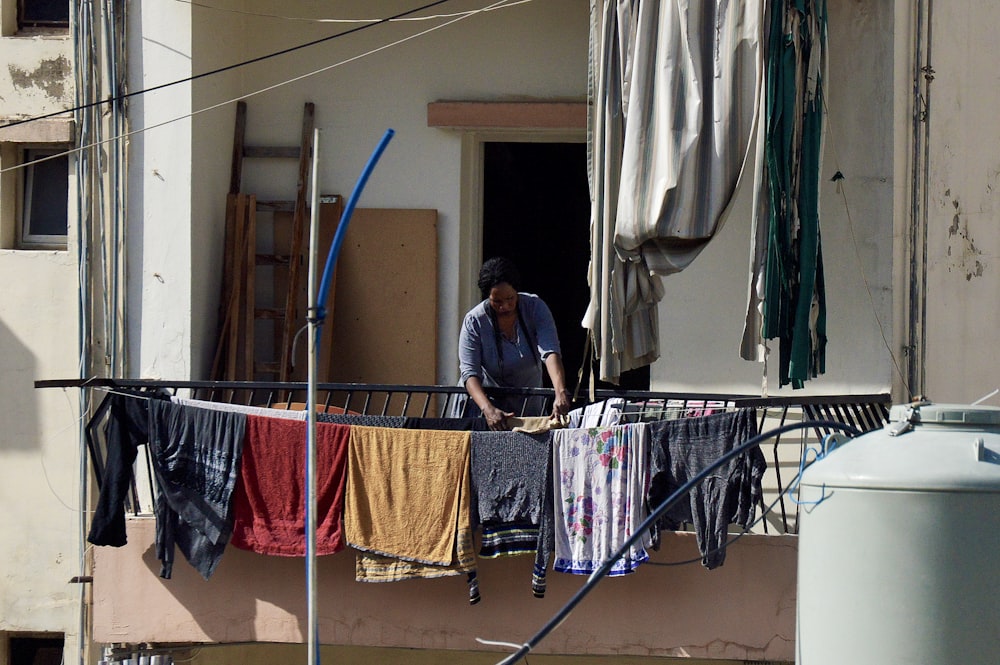
If you’re currently supporting a loved one going through breast cancer treatment, you’re not alone, and you have supporters around the globe. Pink October is a worldwide initiative in support of Breast Cancer Awareness Month. It highlights the plight of the women diagnosed with breast cancer, to increase awareness of the symptoms and to educate others on how they can help. If your mother, spouse, sister, daughter, or friend is diagnosed with breast cancer, you may be wondering how you can support and assist them on their journey towards healing.
Everyone knows how helpless being sick can make anyone feel. However, breast cancer amplifies everything because it is not just a disease that ravages the body – it also takes its toll on one’s mental and emotional health. Furthermore, the removal of breast tissue can impact a woman’s self-esteem because the mammary glands are also strongly connected to body image.
According to the World Health Organization, there have been 7.8 million breast cancer survivors in the past 5 years. Studies show that emotional support plays a crucial role in recovery by improving the patients’ quality of life, keeping them positive and motivated, and making them feel stronger.
Your presence and support can help your loved one with breast cancer adapt to the major lifestyle changes caused by breast cancer. Below are some simple and practical tips to help you assist your loved one in battling breast cancer:
Make Sure Your Presence is Felt
A breast cancer diagnosis can make anyone feel isolated. Some patients also withdraw from others, because they do not want to upset or burden their loved ones. Hence, it is your job to make your presence felt and show up for them. The best way to show you care for any loved one with malignancy is to spend more time with them. Help them understand that you are on this journey together, and you will not bail out when things get rough.
Besides, researchers found that women with strong social ties are less likely to suffer complications, recurrences, or deaths than isolated women. However, you must consider the following before showing up:
- Always check-in before visiting
- Keep visits short and regular, instead of long and infrequent
- Practice hand hygiene when visiting to avoid transmitting an infection
- Offer companionship during doctor’s visits and chemo treatments
It would help to visit during days when there are not many visitors to spend quality time together. Without other people, you can talk and bond with each other. Since breast cancer patients suffer through a roller coaster of emotions, be understanding if plans change or you are asked to leave early because they suddenly feel unwell.

Offer Help with Daily Chores or Tasks
Life is difficult enough to handle when you are healthy, and it can become burdensome for people undergoing breast cancer treatment. Surgery and chemotherapy take their toll on the body. One of the most concrete ways to help out is by lending a hand with chores. Home upkeep can be very challenging with chemo or radiation therapy. Similarly, they’ll often need help cooking or preparing meals.
Don’t assume right away that they cannot perform basic tasks, because you don’t want to overstep your boundaries. Instead, ask first what they need assistance with. Sometimes, it is better to ask specific questions such as: do you want me to do the laundry or mow the lawn? Here are some of the daily chores you can offer help with to make your ill loved one feel less overwhelmed:
- Shopping for groceries
- Tidying up the house
- Washing and folding the laundry
- Making the bed
- Doing the dishes
- Cooking and preparing meals
- Giving them a ride somewhere
- Helping them mail letters
- Buying them clothes that fit if they’ve lost weight from treatment
Remember, when you offer assistance, they have one less thing to worry about. With your help, they can focus more on their recovery.
Keep Lines of Communication Open
Apart from visiting physically, you can also rely on other channels of communication. You can now call, text, email, or send a physical card via post. Regular check-ins can boost patients’ mental health. When they know someone cares, they feel happier, and it affects their overall well-being.
Should your sick loved one get in touch with you, do your best to reach out and respond swiftly. Ask what they need and heed requests. For example, they may want you to run some errands on their behalf. Maybe they just have questions or need someone to talk to. Always let them know you appreciate their calls and look forward to your next bonding session.
Provide a Listening Ear
Sometimes, patients diagnosed with breast cancer just need to vent their feelings. They want someone to listen intently to their doubts, worries, and concerns. As someone close to the patient, affirm that you are always there to talk and lend a listening ear or helping hand. Whether they want to share positive or negative emotions, let them know you will be there.
By letting them know they can confide in you, you ease their burdens. It comforts patients when they know they don’t have to navigate cancer alone. As the one at the listening end, you don’t have to feel pressured to come up with perfect answers. Just keep your conversations casual and as normal as can be. With all the tests and treatments, patients crave normalcy. Sometimes, just simply listening and offering hugs are enough.

Bring Thoughtful Gifts to Elicit Happy Feelings
When someone has cancer, giving them thoughtful gifts will do wonders in uplifting their spirits. The price of the gift is immaterial, but it’s the thought behind the gesture that matters most. Your tokens show them that you care. If you need ideas, remember that the best gifts are those that allow you to bond even more. Take a look at the following examples:
- Bring a funny movie you can watch together
- Gift snacks or baked goods that they can enjoy eating
- Buy them super comfortable pajamas they can lounge in during their recovery
- Gift them a soft, fuzzy blanket to curl up in
Giving a gift to a loved one battling cancer will always make them smile. Sadly, grappling with this disease will make the patient and their close loved ones face their mortality. It will be stressful for you, too. Spending fun times with your loved one, creating new memories and focusing on positive things will help prevent a full-blown anxiety attack. Keep your worries from taking over, and instead spend quality time with them. Now is your chance to make more memories together that you’ll forever cherish.
Bear in mind that each individual is different, so people with breast cancer may seek different kinds of comfort. It would be prudent to take the lead from your loved one. Listen to verbal and non-verbal cues. Most of all, ask them what they need, listen, and respect their wishes.
Learn More About their Disease
No one should face serious illness alone, so one of the most important things you can do to understand your loved one is to learn more about their disease. Educate yourself about breast cancer. There are different types of breast cancer, and being educated will help you make shared and informed decisions. You can help your loved one assess the benefits of each treatment path, especially since patients generally feel distraught and overwhelmed after the initial diagnosis.
When you educate yourself on the side effects of breast cancer treatment, you’ll be a better supporter as you’ll know what they’re going through, and get a better sense of what you can do to help.
You can also advocate for the type of care that will offer the most benefits to your loved one based on personal wishes. With the right knowledge, you can manage your expectations and prepare yourself for the possible side effects that may come with treatment, such as appetite loss, nausea, weakness and mood changes.
Curious about your own risk of cancer and disease? Your CircleDNA results will reveal your genetic risk of certain cancers and other diseases. When you have the right information, you can make lifestyle changes and take a proactive approach when it comes to reducing your own risk of cancer.






